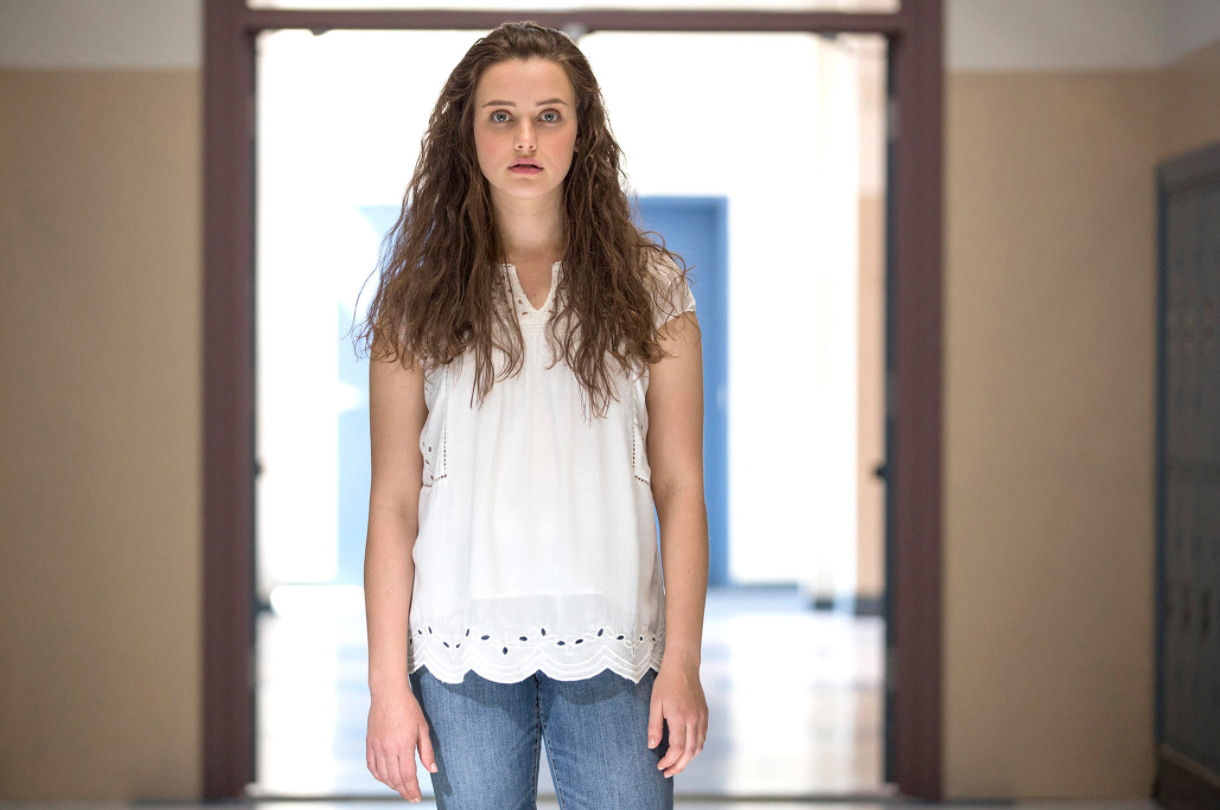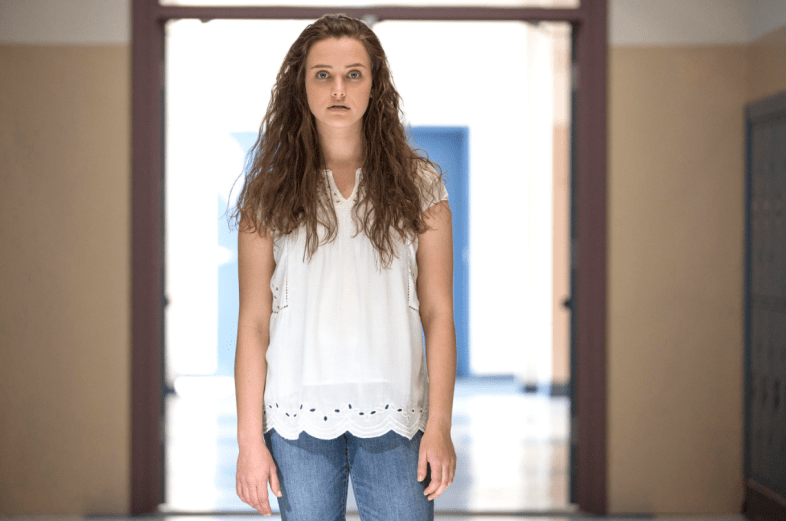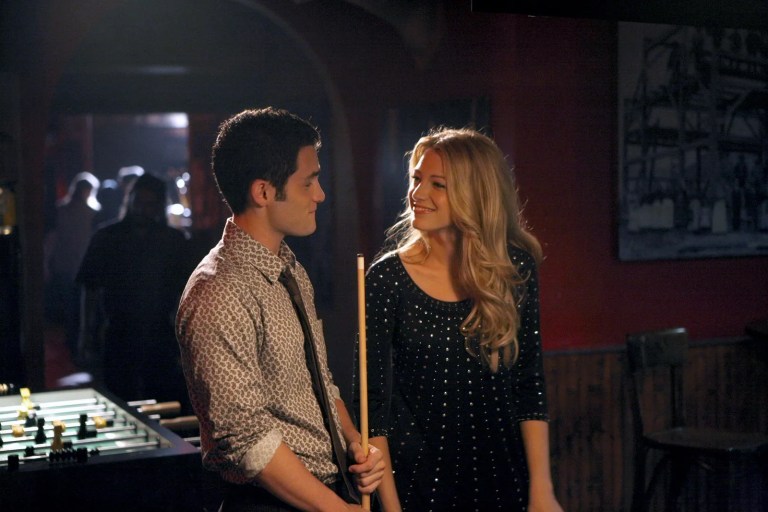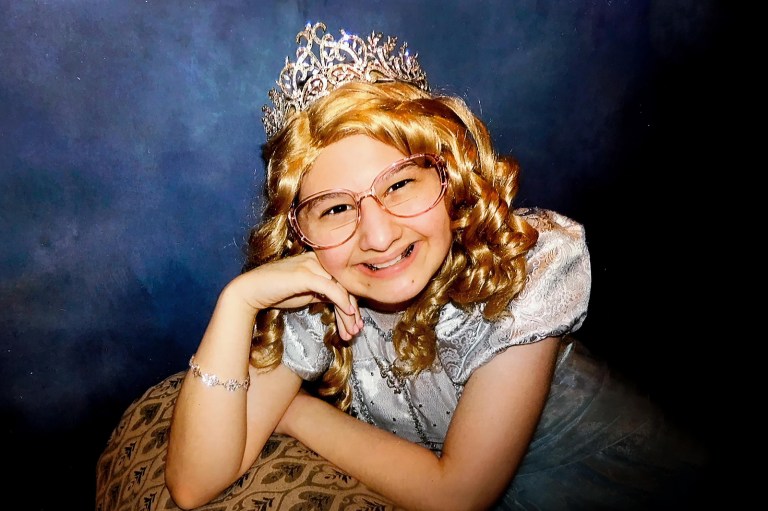
Where ‘13 Reasons Why’ Went Very, Very Wrong

The first thing that pissed me off about Netflix’s smash success, 13 Reasons Why was hearing people call it a love story.
But the real reason that I metaphorically walked away pissed off about the show, was due to the many reasons why Hannah Baker herself deserved a damn tape.
If for some reason you haven’t seen, heard, or had this show thrust into your face let me give you the cliff notes. Before high school student Hannah Baker commits suicide, she leaves behind 13 tapes for specific individuals who all played a part in the events leading up to her decision to end her life. Some were ex-friends, others were bystanders, one her actual rapist, but the 13 (really 12) individuals all were responsible for pushing her to her ultimate breaking point. The main character of the series, Clay, ends up being Hannah’s almost love story, and he goes through her entire journey piecing together the entire puzzle of the 13 episode Netflix phenomena.
Here’s what I will give 13 Reasons Why. It has people talking. It has people paying attention. It, hopefully, will change the conversation surrounding bullying, rape culture, the way administrations handle things, and will continue to make us all more aware of not only what’s happening around us, but how we ourselves behave, treat people, and handle situations that do in fact, deserve to be handled with care.
But Hannah Baker and Clay Jensen are not a tragic love story. And Hannah Baker isn’t a heroine to put on your wall as some sort of face to look towards for getting a proverbial last word and holding people accountable.
In fact, Hannah Baker, is a perpetrator of abusive behavior who needs to have herself held very much accountable.
Because the conversation I’m floored is not occurring when we talk about 13 Reasons Why is how/why Hannah felt it was appropriate to expose her friend Jess as a victim of rape without Jess’s consent.
Sorry, but it’s true.
In episode nine of the series, Hannah witnesses Jessica passed out drunk in her room during a high school party. While hiding in the closet, Hannah watches as Bryce, captain of the football team, rapes an incoherent Jessica. Later in the episode Jessica adamantly denies the assault to Clay, and her boyfriend Justin reinforces to Clay and everyone else that it absolutely didn’t happen. But, near the end of the 1 hour episode—which is highly triggering and graphic and I do not recommend viewing—it becomes clear that Jessica does have bits and pieces of what happened, and both she and Justin are absolutely aware that she was raped.
First and foremost, no matter the responsibility Hannah felt for not doing anything when witnessing Jess’s attack, she has no right to make Jess’s rape about her. Saying things like “I wish I never had gone to the party that night,” and, “How can I live with with myself?” are ways of making someone else’s trauma about you. It’s selfish. It’s deflection. It’s a way of removing blame from yourself, rather than actually servicing the victim. Who is, in this case, Jessica. Not Hannah Baker.
Someone else’s trauma, not matter how intense, it is not yours. It does not belong to you. It is not for you to use to inscribe on to your victim card in an act of self-pity. What happened to them is not about you.
Next, sitting silent instead of being there for someone after trauma does nothing. One of the main causes for rape and assault being nearly impossible to prosecute is a lack of evidence. If a victim is already hazy about details and a witness won’t come forward, or is gone, there’s almost nothing that can be done. By not acting, by not telling her friend what she saw, Hannah is complicit in Jess not receiving justice and closure. Saying you’re sorry with a blanket is one thing, actually talking to your friend and counseling them and being there for them (????) is an entire other.
Jess even says in the episode, “Don’t you think Hannah would’ve told me if she saw something?” One would have certainly hoped so.
And lastly, exposing victims and outing them, is incredibly dangerous. Not only to their psyche and mental state (especially in the case of Jess, who wasn’t coherent or fully aware during the actual assault) but to their physical well-being considering you cannot control how other people, especially the assailant, will react when such an accusation is made. It is not for anyone other than the victim to decide, “Hey, this needs to come out now,” when such sensitive, traumatic topics are at play.
The only person who has the right to speak out about their experience, to tell their story, is that person who it happened to. Period. End of discussion. No tape, no commentary, no recording needed.
And by recording an attack and passing it along to 12 other people, Hannah indisputably violated Jess even further. It’s an act that is selfish, that is impulsive, that is the exact antithesis of honorable and brave and something to admire. It is abusive. It’s a further violation of someone who has already had something completely horrifying happen to them.
It is dangerous.
And it’s not something that should be put on a fictional, or realistic, pedestal.
Where 13 Reasons Why went very, very wrong is right there. By painting a dead girl as some inarguable saint, it’s next to impossible to hold her accountable for her own actions. And frankly? You aren’t really inclined to.
Why would a dead girl lie? I’m not sure.
But why would a victim intentionally victimize another for her own closure? I’ll absolutely never have the answer. ![]()











